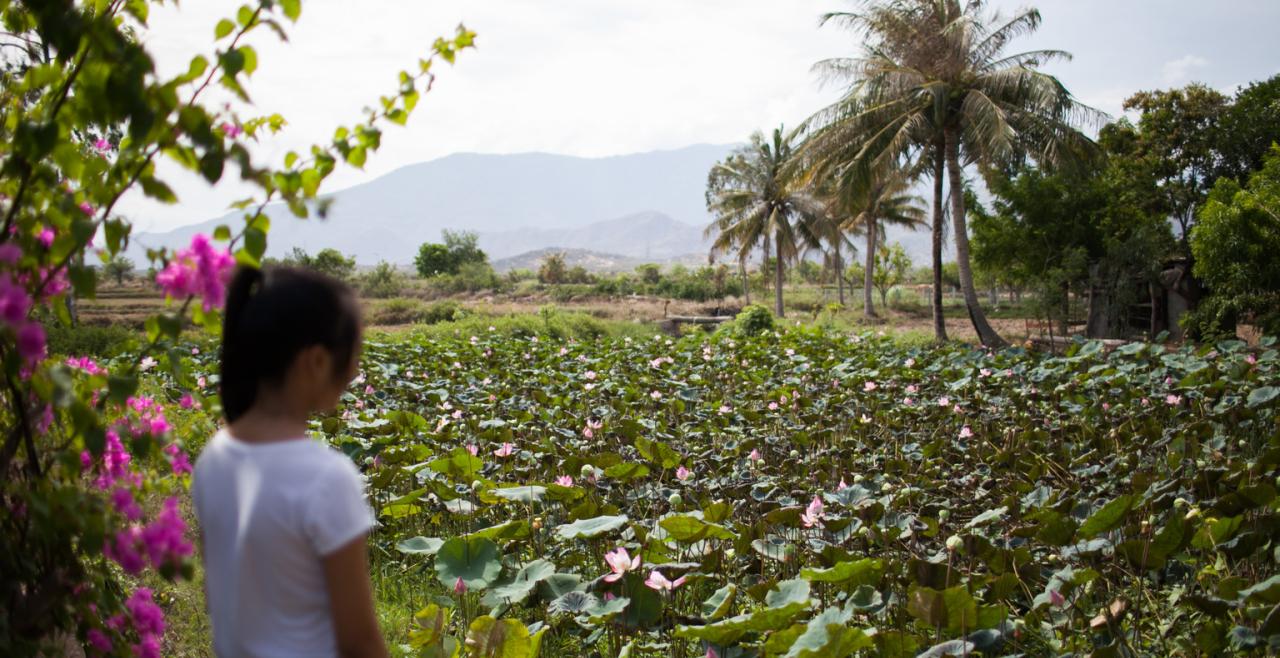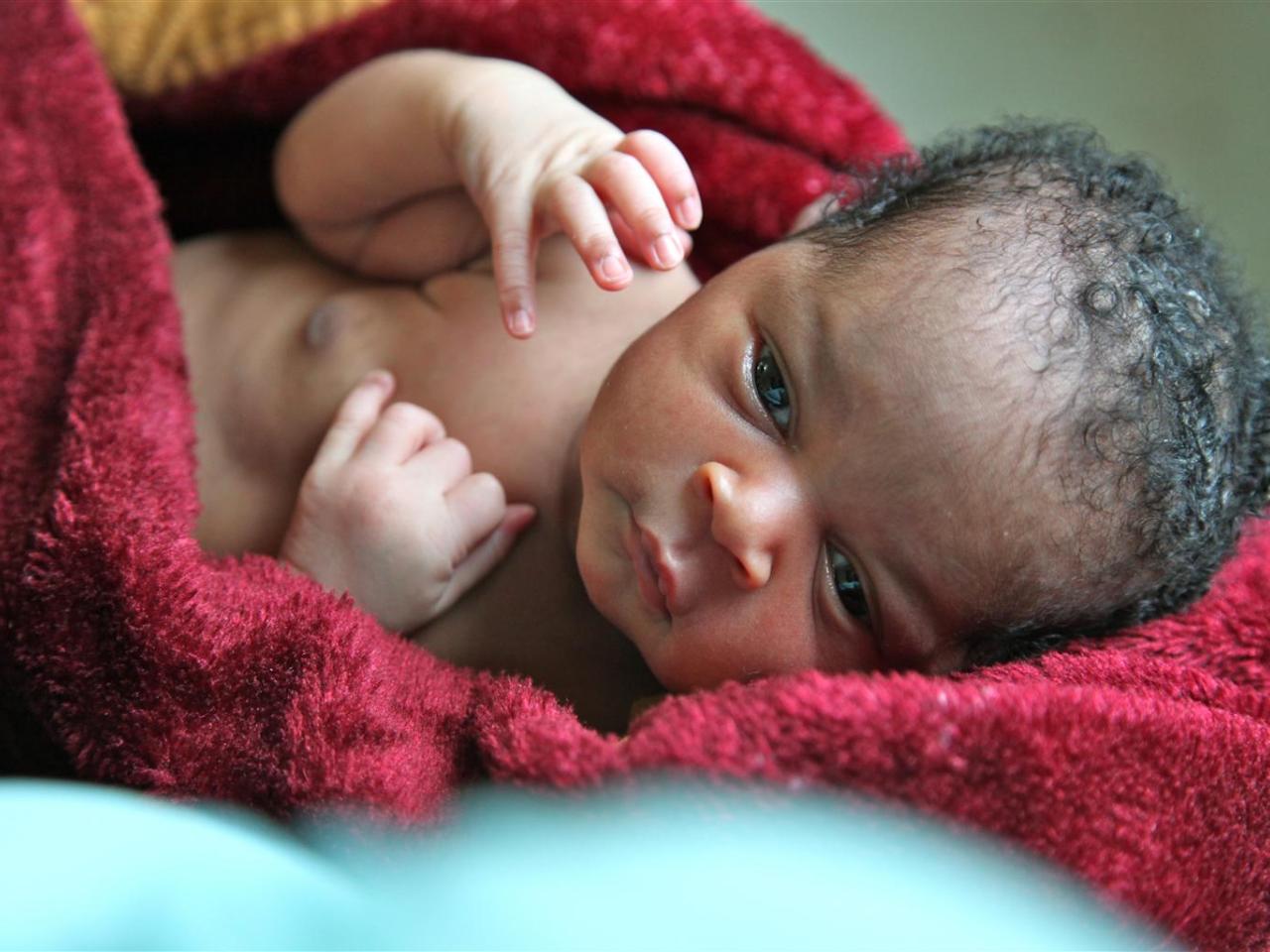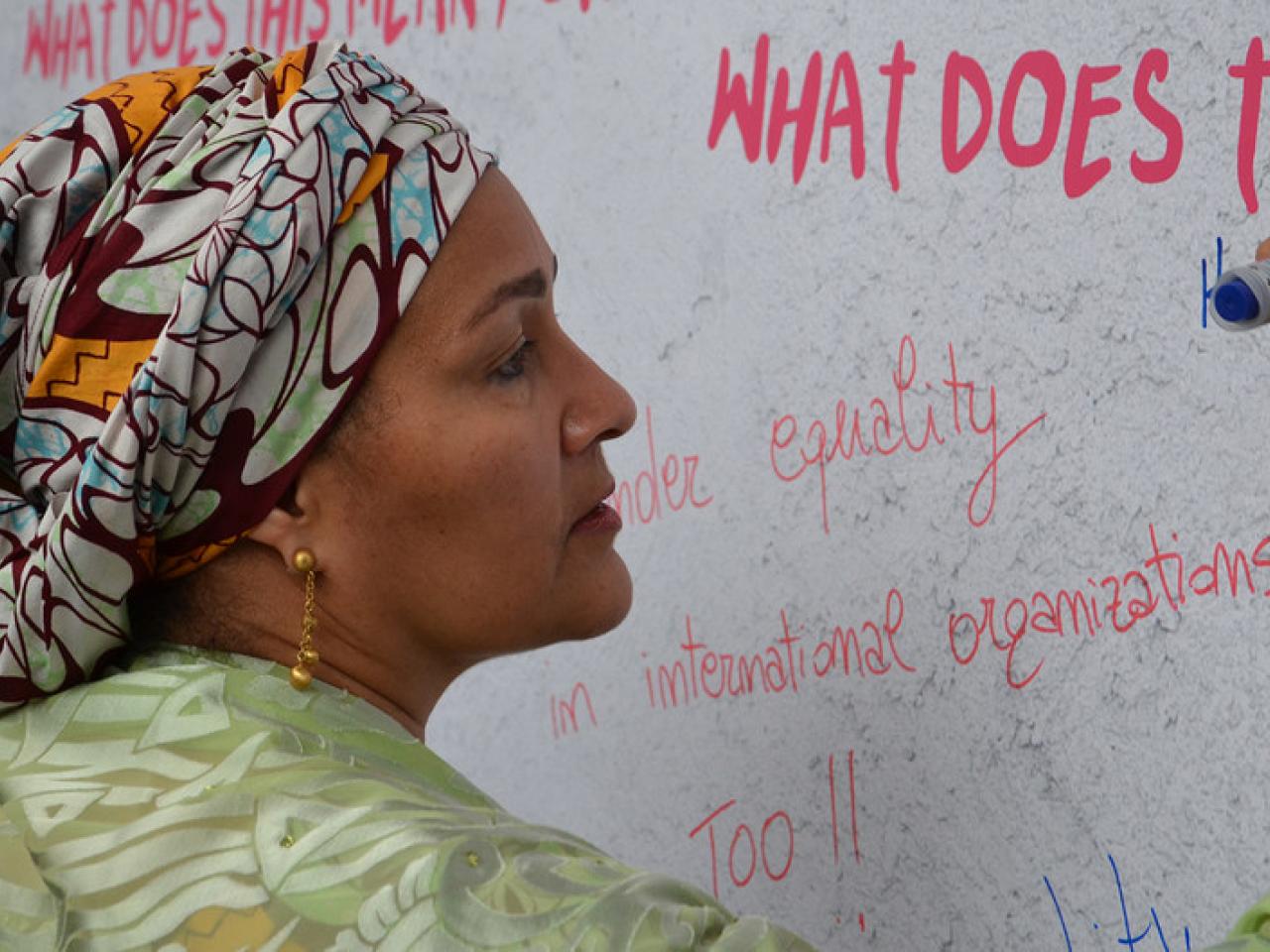COVID-19 lockdown doubles demand for women’s shelters in Viet Nam

HANOI, Viet Nam – The start of the year is usually a quiet time for Peace House, a network of shelters across Viet Nam that offers support and accommodation to women and children fleeing domestic violence, sexual abuse and trafficking. This year could not have been more different.
Peace House’s intake in February and March was 2.5 times higher than in 2019. Like other countries dealing with the COVID-19 pandemic, Vietnam is experiencing a surge in violence against women and girls as lockdowns, unemployment, stress and economic insecurity create a “perfect storm” of conditions that lead to gender-based violence.
As a management officer for Peace House, Ms. Do Anh Cham offers front line assistance to women and girls.
"There is still a lot of stigma and blame placed on women experiencing violence.” - Ms. Cham, shelter manager
“I experienced violence in my childhood and for the past 11 years, I’ve been a single mother,” says Ms. Cham. “For that reason, I deeply understand the situation, challenges and disadvantages of the women who [we work with].”
She’s also a migrant and knows that for migrant women, it can be even more challenging to seek help. Almost 30 per cent of Peace House residents are migrants. “They are in a foreign country with a different culture, language and legal structure, and they are far from their loved ones,” she says. “It’s harder to understand who they should talk to.”
Even for non-migrant women, getting help can be difficult. “There is still a lot of stigma and blame placed on women experiencing violence,” she explains.
“If survivors of violence do not know where to get support, they contact anyone they know. Often that person does not have proper knowledge and skills to deal with their case, or even worse, sometimes that person tries to take advantage of the situation,” she says. Domestic violence organizations around the world have reported that many abusers are using the virus and safety measures such as lockdowns to further isolate and control women.
Peace House helps break the cycle of abuse by offering accommodation as well as psychological support, legal aid, education and vocational training. Their work has never been more critical – or more difficult - than it is now.
“If survivors of violence do not know where to get support, they contact anyone they know." - Ms. Cham, shelter manager
More work, fewer workers
Many Peace House workers have been advised to reduce contact with others as they are over the age of 60, a group considered at higher risk of developing serious complications from COVID-19. At the same time, there’s more work to be done. New arrivals must be quarantined before arriving to avoid transmission among clients, existing residents need to have their health closely monitored, and more handwashing facilities and hygiene protocols are required.
Spotlight Initiative, through its Safe and Fair programme, is helping to meet these increased health and safety needs by supporting the purchase of medical materials such as masks, thermometers, gloves and hand sanitizer. The Initiative is also helping to cover overtime costs for staff to ensure 24-hour service during the pandemic.
Providing support from a distance
Peace House is scaling up its hotline to support women experiencing violence and is disseminating the number in quarantine centres nationwide. The number of calls are up 40 per cent compared to the same period in 2019 and 2018.
“The hardest part of my job is getting attention and support from the local authorities, and getting them to understand the importance of protecting women’s and children’s rights,” says Ms. Cham. This can be even more difficult when attention and resources are stretched, such as during a pandemic. “However, my colleagues and I accept this challenge to continue working,” she says. “When we provide support to a woman or child, we feel happy and proud. Especially when we’re able to meet our sisters [further down the track] and can see that they are confident and cheerful.”
Peace House shelters currently provide accommodation to 30 women and children at three locations throughout Vietnam.
Reporting by Pichit Phromkade. Lead image: Trong Quoc Nam/UNICEF


